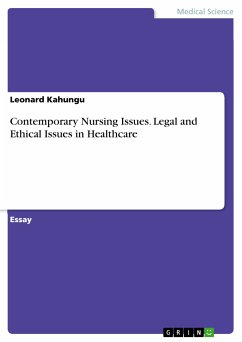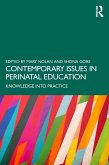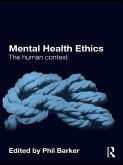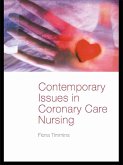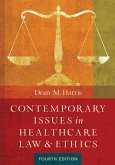Essay from the year 2016 in the subject Nursing Science - Miscellaneous, grade: 67.00, , language: English, abstract: In patient-centered care, end of life is one of the most important aspects of health care systems. Advanced nursing and medical studies have increased the knowledge regarding the process of dying, giving the humans the privilege of selecting the method, location and approximate period of death. Similarly, intervening in the death process can also increase the lifespan of a person, even when there is little hope of living longer or full recovery. Despite the vast knowledge of mortality, there are still contemporary end-of-life issues that remain contradictory among different cultures. One of the primary reasons why end-of-life issues have not been sufficiently addressed is because of different values held by various religions, cultures and beliefs. Life is highly valued in most of the cultures and religious groups. It is believed that only the Supreme Being is allowed to take, give or control how long a person is supposed to live. Moreover, there are high emotions that are often attached to people since the death of a person means complete extraction of the physical presence of a person. Thus, such emotions and cultural beliefs are the major hindrances that cripple the smooth readdress of end-of-life.
Dieser Download kann aus rechtlichen Gründen nur mit Rechnungsadresse in A, B, BG, CY, CZ, D, DK, EW, E, FIN, F, GR, HR, H, IRL, I, LT, L, LR, M, NL, PL, P, R, S, SLO, SK ausgeliefert werden.

